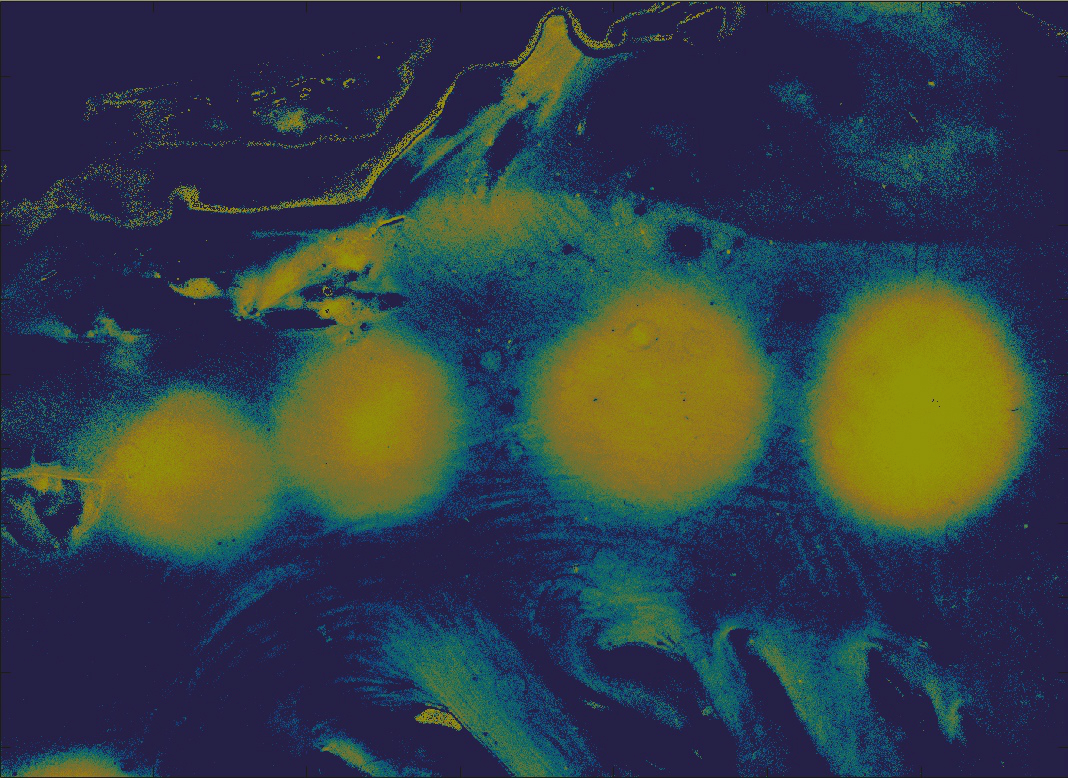The IEEE International Symposium on Biomedical Imaging (ISBI) is a scientific conference dedicated to mathematical, algorithmic, and computational aspects of biological and biomedical imaging, across all scales of observation. Our graduate students Shuyue Guan and Kristina Landino have presented their posters in the conference that took place on April 4-7th in Washington, DC.
Shuyue presented his work on mammographic detection based on the computer-aided diagnosis (CAD). Below is a summary of his work:
“Mammographic detection based on the computer-aided diagnosis (CAD) can improve treatment outcomes for breast cancer and longer survival times for the patients. For the breast cancer detection, the Convolutional Neural Network (CNN) can extract features from mammographic images automatically and then do classification. However, to train the CNN from scratch needs a huge number of labeled images, which is infeasible for some kinds of medical image data such as mammographic tumor images. A promising solution is to apply transfer learning in CNN. In this study, we applied the pre-trained VGG-16 model to extract features from input mammographic images and used these features to train a Neural Network (NN)-classifier. On the DDSM database, average validation accuracy converged at about 0.905 for abnormal vs. normal cases with 10-fold cross validation, and no obvious overfitting happened. Therefore, this study shows that applying transfer learning in CNN can detect female breast cancer from mammogram, and training a NN-classifier by feature extraction is a feasible method in transfer learning.”
Check the posters for more information here.





